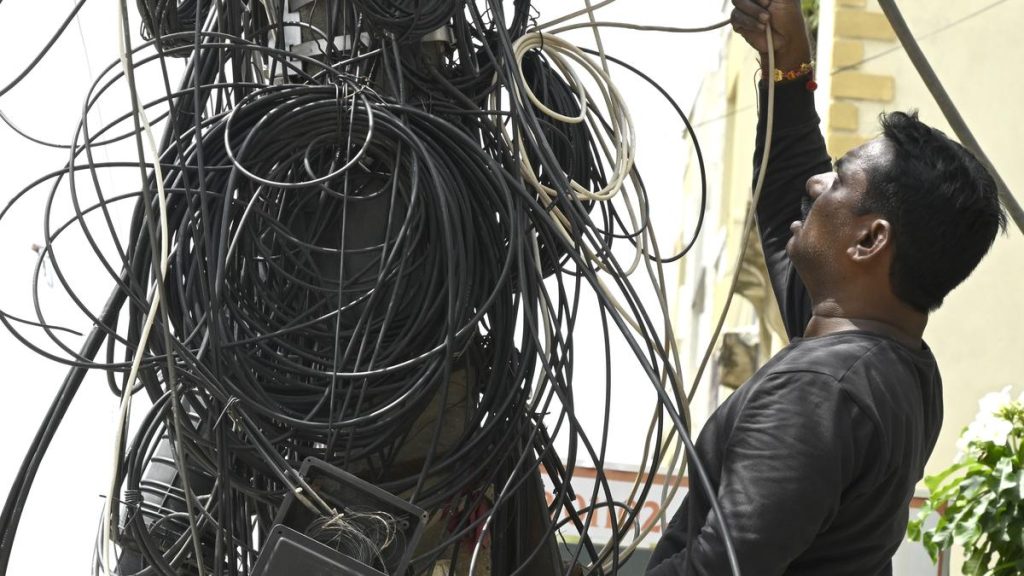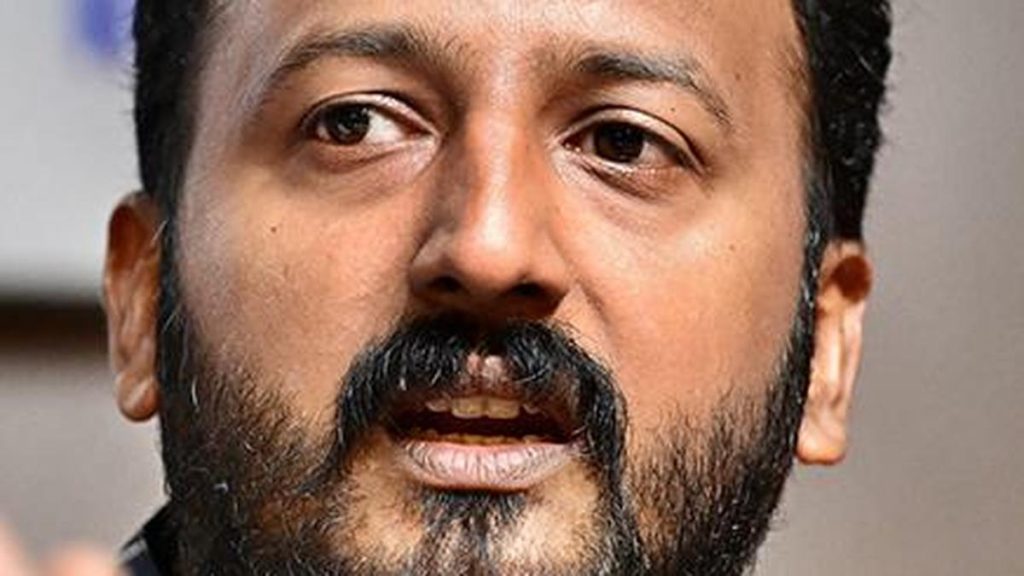Now Reading: Smarter AI Systems Key to Improving Health Messaging
-
01
Smarter AI Systems Key to Improving Health Messaging
Smarter AI Systems Key to Improving Health Messaging

Swift Summary
- India is rapidly incorporating Artificial Intelligence (AI) into healthcare, enhancing service delivery and accessibility.
- The goverment’s eSanjeevani platform has logged over 196 million consultations and 12 million AI-assisted diagnoses thru its Clinical Decision Support System.
- Initiatives like the National Health Stack, National Tele Mental Health Program, and AI-enabled TB diagnostics are embedding AI across public health systems.
- Start-ups and partnerships focus on AI-based disease screening, risk prediction, and early cancer detection in underserved areas.
- Challenges include linguistic diversity, digital literacy gaps among rural populations, structural biases in datasets affecting women’s healthcare outcomes, inaccuracies due to inherent limitations of AI tools, and uneven performance across demographic groups.
- Proposed solutions emphasize diverse dataset training for equity across user groups; community involvement in system design; transparency about data limitations; interpretability of recommendations; post-deployment monitoring for inclusivity.
Indian Opinion Analysis
The digitization of India’s healthcare system through robust integration of AI holds great promise for improving access to health services nationwide.Government-led initiatives such as eSanjeevani demonstrate that technology can scale outreach significantly while prioritizing diagnostic accuracy. Though, disparities rooted in cultural norms or structural inequalities-like gender gaps-risk reproducing existing biases if not proactively addressed within the algorithms.
ensuring that these tools cater effectively to India’s diverse population will depend on strategic measures: retraining models with broader datasets that incorporate underrepresented groups; structured community feedback during advancement stages to enhance cultural relevance; transparent reporting mechanisms for both providers and users to build trust.
Monitoring real-world outcomes remains critical-not only whether diseases are better diagnosed but whether marginalized communities truly experience improved decision-making power via these platforms. While India stands at the forefront globally with its innovative adoption of such technologies at scale,careful attention must be paid so progress does not inadvertently leave vulnerable populations further behind under this technological wave.Time-sensitive action is encouraged to guarantee safe and inclusive expansion of AI-powered healthcare.
For more details: Read Full Article
























